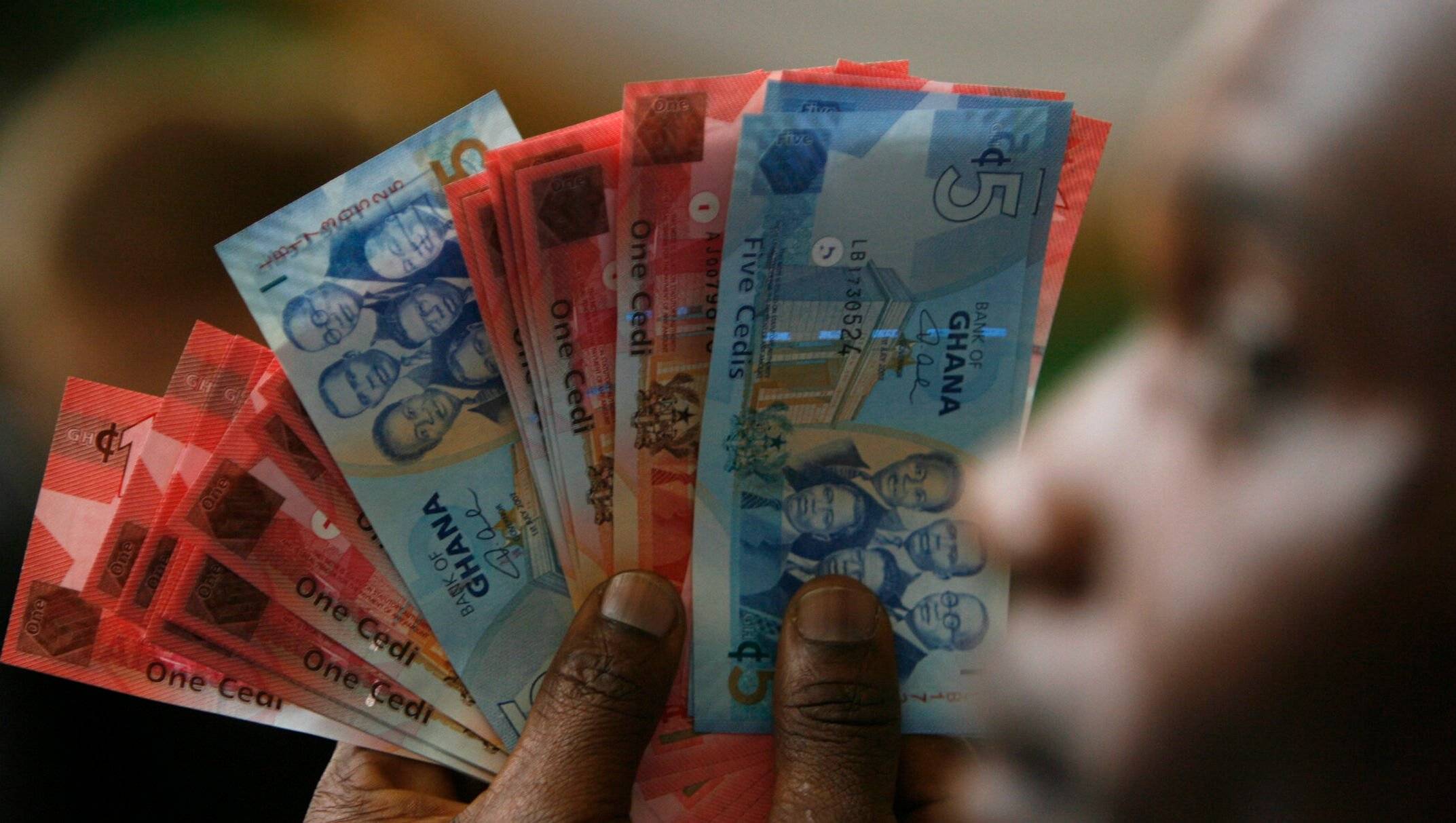Ghana’s current tax rate is an important assessment factor for individuals and businesses seeking to invest and operate in the country. Generally, Ghana's tax regime is competitive when compared to other African nations, and the country has made progress over the years in modernizing its tax system to meet the needs of the ever-changing business landscape.
The tax system in Ghana is regulated by the Ghana Revenue Authority (GRA), which is responsible for collecting the country’s taxes. The GRA is comprised of the Customs Division, Domestic Tax Revenue Division, and the Support Services Division. The domestic tax revenue division covers all taxes that are collected within the country, including personal income tax, value-added tax (VAT), corporate tax, and other taxes.
Ghana’s current tax rate for individuals is progressive and is based on the taxpayer’s income. The minimum tax rate is 0%, and the maximum tax rate is 35%. For individuals earning between GH₵0-₵10,000 per annum, the taxable income is charged a rate of 5% and between GH₵10,001 to GH₵20,000, they are charged a rate of 10%. Individuals who earn between GH₵30,001 to GH₵40,000 per annum are charged a rate of 20%, and those earning above GH₵40,001 are charged a rate of 25% or 35%.
Ghana’s tax rate for businesses is also progressive and based on the company’s net profits. The corporate tax rate is 25%, which is applicable to all companies registered in Ghana, including foreign companies engaged in business in Ghana. However, the effective tax rate for businesses can be reduced to as low as 10% through the application of various incentives such as capital allowance, pioneer status, and tax holidays.
Furthermore, Ghana introduced the VAT Flat Rate Scheme, which is a simplified value-added tax (VAT) scheme for small businesses. The scheme allows eligible businesses to charge a flat rate of 3% instead of the standard VAT rate of 12.5%. This scheme is designed to encourage small businesses to register for VAT and reduce their administrative burden of keeping VAT records.
In summary, Ghana’s current tax rate for both individuals and businesses is progressive and competitive. The tax regime is designed to support economic growth and development in the country. With the introduction of the VAT Flat Rate Scheme and other incentives, the tax system has been simplified to support small and medium-sized enterprises. It is important for individuals and businesses to comply with tax regulations to avoid penalties and ensure ongoing good standing with the GRA.




No comments yet
Be the first to share your thoughts!